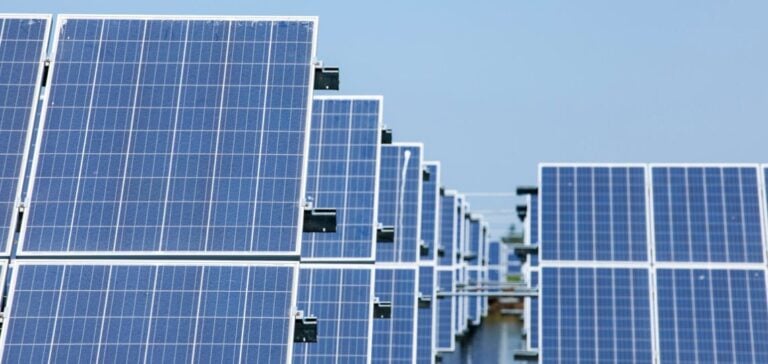Azerbaijan has announced a massive investment of over $2 billion to develop renewable energies, with the aim of boosting its share of the energy sector. This initiative comes just a few months ahead of Baku’s hosting of COP29 in November, a major event for global climate commitments. Azerbaijan currently has around 2.5 trillion cubic meters of natural gas reserves, according to BP’s 2021 statistical report. The country plans to double its gas exports to Europe by 2027. However, although emissions from natural gas are lower than those from coal or oil, they are still significantly higher than those from green energy sources.
A strategic shift towards renewable energies
In a recent speech, Energy Minister Parviz Shahbazov stated that the country plans to increase the installed capacity of renewable energies to almost 2 gigawatts by 2027, bringing their share to 33%. Currently, this share is 20.86%, and only 8.5% of the electricity generated in the first quarter of 2024 comes from renewable sources. To achieve these goals, Azerbaijan is focusing on the development of wind and solar projects, as well as the construction of an electricity cable under the Black Sea to transfer green energy from future wind farms in the Caspian Sea to Europe.
Environmental and economic impact
According to Shahbazov, investment in renewable energies will generate 5.3 billion kilowatt-hours of electricity, saving 1.2 billion cubic meters of gas and reducing CO2 emissions by 2.5 million tons. These measures are crucial to improving the country’s environmental footprint and supporting its international ambitions for sustainable development. Nevertheless, Azerbaijan has no plans to abandon fossil fuels. Despite a global decline in fossil fuel financing and a lack of long-term demand guarantees, the country remains committed to supplying gas to its partners, Shahbazov added. The challenges of Azerbaijan’s energy transition are manifold. By increasing the share of renewable energies, the country can reduce its dependence on fossil fuels and improve its environmental reputation on the international stage. However, balancing sustainable development ambitions with economic realities remains a major challenge. Azerbaijan’s efforts to diversify its energy mix could serve as a model for other fossil-rich countries, demonstrating that strategic investment in renewable energies can support a greener, more sustainable energy transition.
Azerbaijan’s initiative to develop renewable energies is a significant step towards reducing emissions and improving its environmental footprint. These investments, if carried out as planned, could transform the country’s energy landscape and strengthen its position ahead of COP29.






















